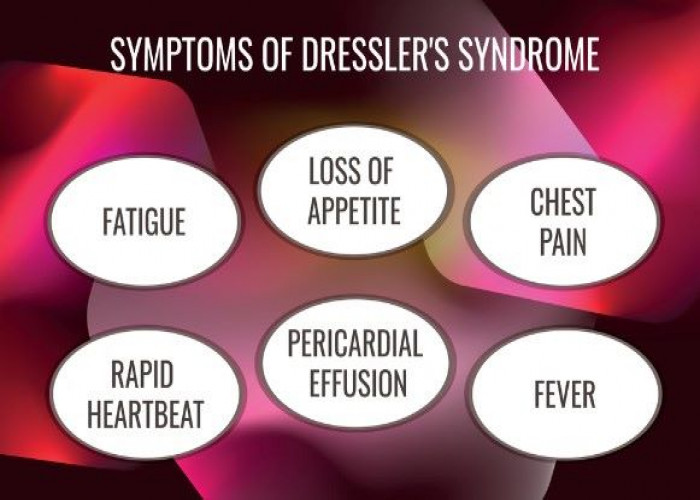 Welcome
Welcome
“May all be happy, may all be healed, may all be at peace and may no one ever suffer."
Dressler syndrome
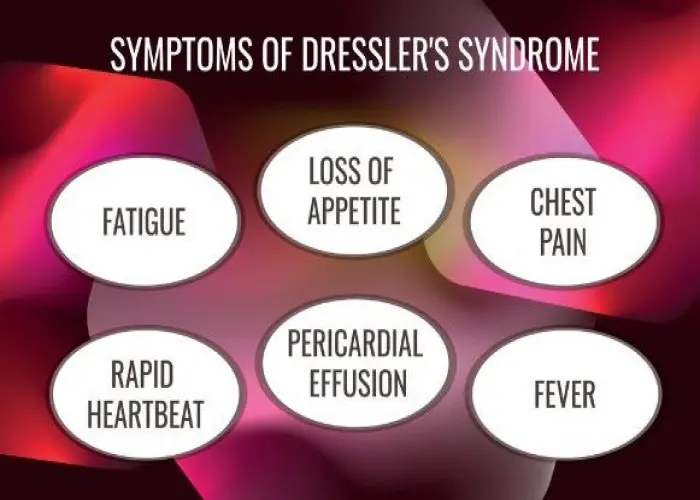
Dressler syndrome, also known as postmyocardial infarction syndrome, is a rare condition that can occur after a heart attack. It is an autoimmune reaction that causes inflammation in the pericardium, the sac-like membrane that surrounds the heart.
Dressler syndrome usually occurs 2-3 weeks after a heart attack and can cause symptoms such as chest pain, fever, and a dry cough. Other symptoms may include fatigue, shortness of breath, and joint pain. In severe cases, Dressler syndrome can lead to pericardial effusion (an accumulation of fluid around the heart) or cardiac tamponade (compression of the heart due to the accumulation of fluid).
The exact cause of Dressler syndrome is not well understood, but it is thought to be an autoimmune reaction triggered by damage to the heart muscle during a heart attack. Treatment for Dressler syndrome may include nonsteroidal anti-inflammatory drugs (NSAIDs) or corticosteroids to reduce inflammation and relieve pain. In some cases, pericardiocentesis (a procedure to drain fluid from around the heart) may be necessary to relieve symptoms.
It is important to seek medical attention if you experience any symptoms of Dressler syndrome after a heart attack, as prompt treatment can help prevent complications and improve outcomes.
Research Papers
Disease Signs and Symptoms
- Chest pain
- Fever
- Heart attack
Disease Causes
Dressler syndrome
Experts think Dressler syndrome is caused by the immune system's response to heart damage. Your body reacts to the injured tissue by sending immune cells and proteins (antibodies) to clean up and repair the affected area. Sometimes this response causes excessive inflammation in the pericardium.
Dressler syndrome may occur after certain heart surgeries or procedures.
Disease Prevents
Dressler syndrome
Some preliminary studies suggest that taking the anti-inflammatory medication colchicine before heart surgery might help prevent Dressler syndrome.
Disease Treatments
The goals of treatment for Dressler syndrome are to manage pain and reduce inflammation. Treatment may involve medications and, if complications occur, surgery.
Medications
The main treatment for Dressler syndrome is medication to reduce inflammation. Your doctor may recommend nonsteroidal anti-inflammatory drugs (NSAIDs) such as:
- Aspirin
- Ibuprofen (Advil, Motrin IB, others)
- Colchicine
If Dressler syndrome occurs after a heart attack, usually aspirin is preferred over other NSAIDs.
Indomethacin may also be given.
If those medications don't help, your doctor might prescribe corticosteroids. These powerful immune system suppressants can reduce inflammation related to Dressler syndrome. Corticosteroids can have serious side effects and might interfere with the healing of damaged heart tissue after a heart attack or surgery. For those reasons, corticosteroids are generally used only when other treatments don't work.
Treating complications
Complications of Dressler syndrome can require more-invasive treatments, including:
- Draining excess fluids. If you develop cardiac tamponade, your doctor will likely recommend a procedure (pericardiocentesis) in which a needle or small tube (catheter) is used to remove the excess fluid. The procedure is usually done using a local anesthetic.
- Removing the pericardium. If you develop constrictive pericarditis, you might need surgery to remove the pericardium (pericardiectomy).
Preparing for your appointment
If you're being seen in the emergency room for chest pain, you might be asked:
- When did your symptoms begin?
- Can you rate the severity of your chest pain, such as on a scale of 1 to 10?
- Does anything worsen symptoms? For example, does it hurt more when you inhale deeply?
- Where is the pain located? Does it extend anywhere beyond your chest?
- Have you had a recent event that could cause tissue damage to the heart, such as a heart attack, heart surgery or blunt trauma to your chest?
- Do you have a history of heart disease?
- What prescription or over-the-counter medications are you taking?
Disease Diagnoses
Disease Allopathic Generics
Disease Ayurvedic Generics
Disease Homeopathic Generics
Disease yoga
Dressler syndrome and Learn More about Diseases

Brain metastases
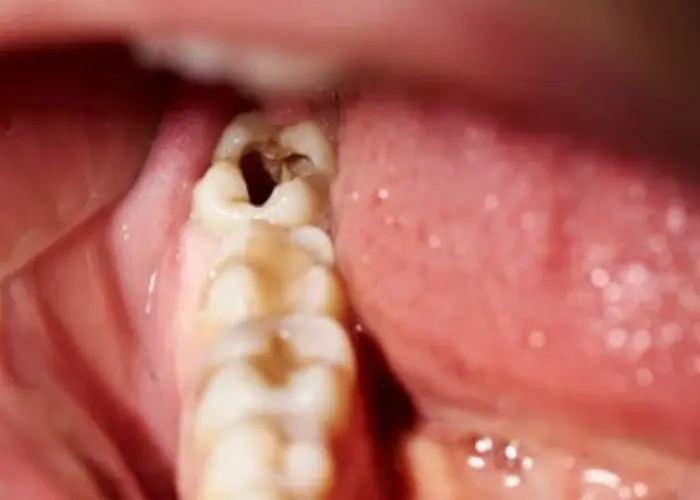
Cavities (tooth decay)
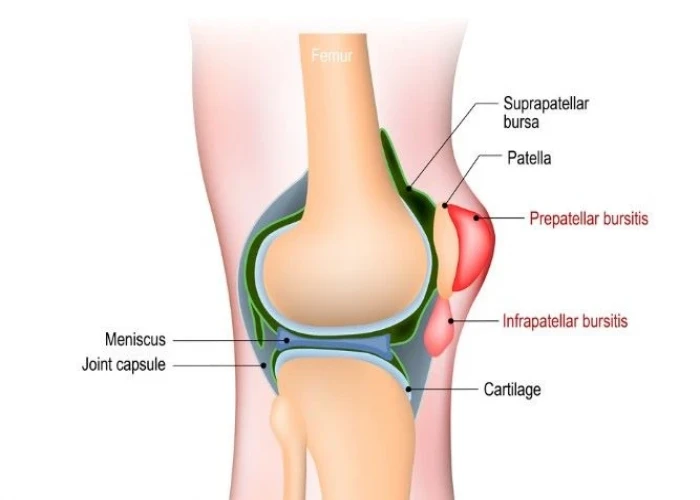
Knee bursitis

Dystonia

Alcohol poisoning

Common cold
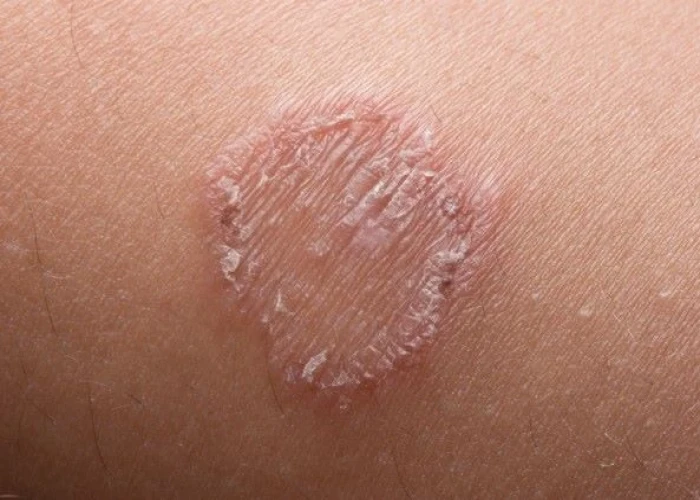
Ringworm (body)
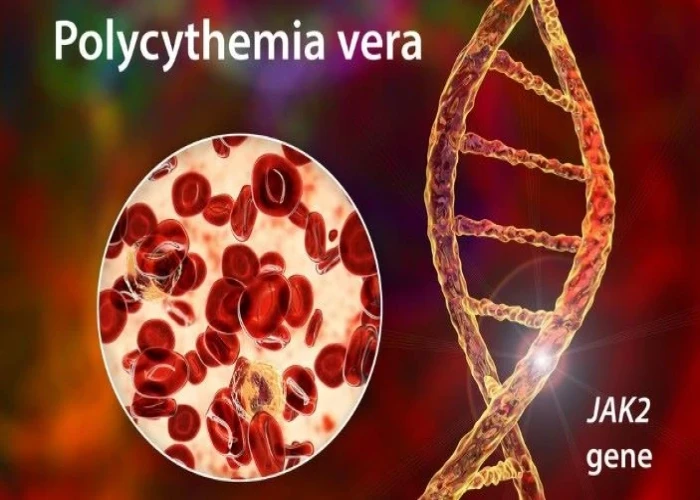
Polycythemia vera
dressler syndrome, ড্রেসলার সিন্ড্রোম
To be happy, beautiful, healthy, wealthy, hale and long-lived stay with DM3S.
